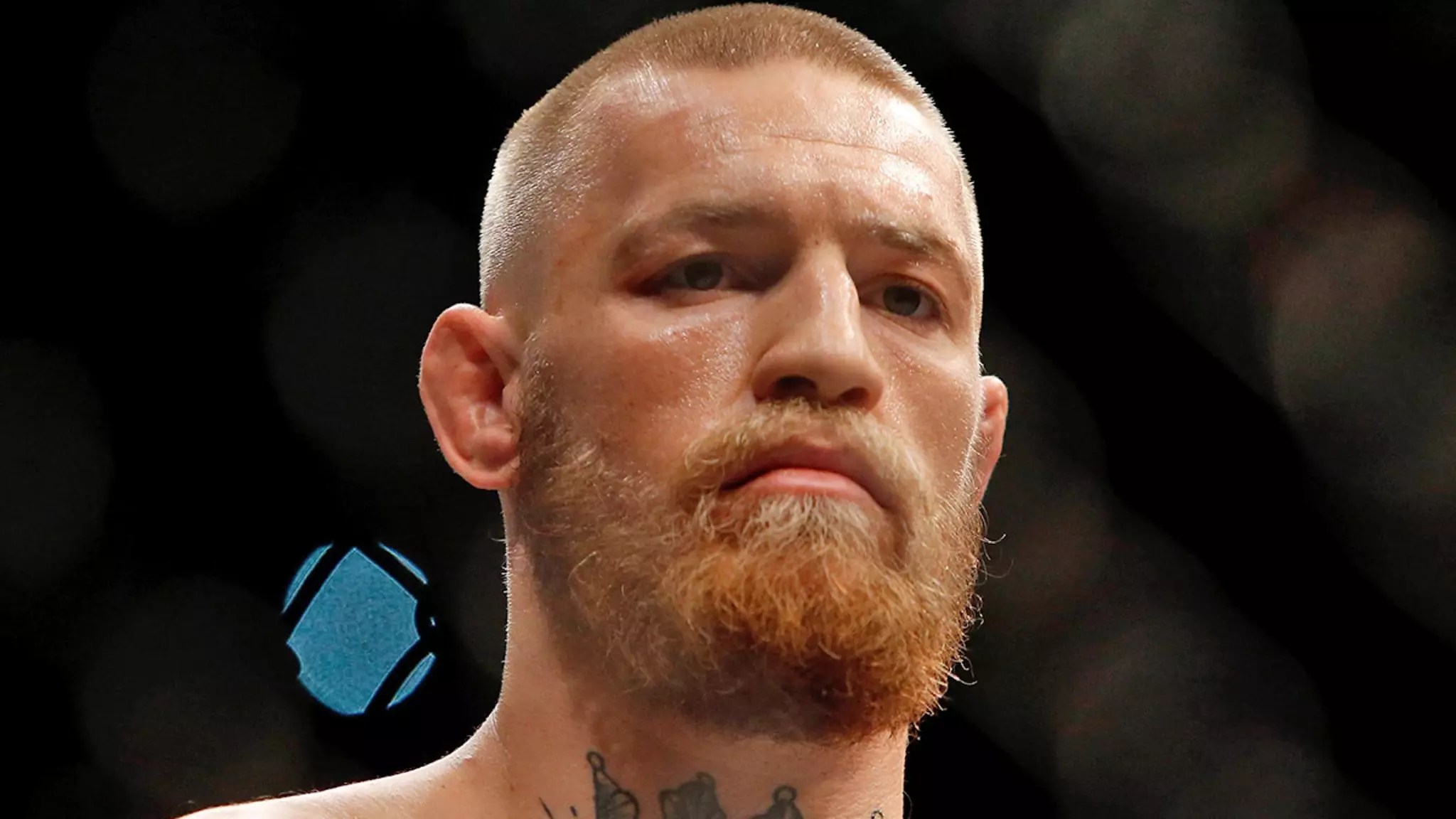Conor McGregor, the controversial figure in the world of mixed martial arts, recently found himself embroiled in a legal battle that has attracted significant media attention. After a civil jury found him liable for assault related to a sexual assault case from 2018, the MMA superstar took to social media to express his discontent with the proceedings and the ruling. The case centered around allegations made by Nikita Ni Lamhain, who claimed that McGregor and another man engaged in non-consensual sexual activity following a Christmas party.
The complexity of legal systems often results in cases that hinge on subjective interpretations of actions and intentions, making it challenging to fully ascertain the truth. The public nature of McGregor’s case underscores not only the weight of such allegations but also the interplay between legal outcomes and personal reputations, particularly for high-profile figures in the public eye.
Following the jury’s decision, McGregor’s response was nothing short of incendiary. He took to the platform X (formerly Twitter) to vehemently denounce the verdict while expressing solidarity with James Lawrence, a co-defendant who was dismissed of liability in the same case. His emotionally charged statements reflect a significant frustration not only with the ruling but also with the judicial process itself.
In his post, he emphasized the claim of false accusations, insisting on Lawrence’s innocence and his own intention to appeal the decision. The language McGregor employed—terms like “disgraceful” and “vicious liar”—indicates a desire to deflect blame and rally support, albeit in a highly charged manner that may come off as aggressive or confrontational. In an era where public opinion can sway perceptions of justice, McGregor’s outburst serves to highlight the potential dangers of social media as a platform for responding to legal matters.
The commentary that emerged from McGregor’s social media tirade also sheds light on a broader societal issue: the perception of justice as it pertains to sexual assault allegations. While he claims vindication, the jury’s decision reflects a belief in the credibility of accusations against him, which complicates the narrative he seeks to construct. The awarding of damages to Ni Lamhain signifies the reality that even in public denials of guilt, the legal system sometimes delivers an outcome that can seem at odds with an individual’s perceived honor or reputation.
Moreover, McGregor’s case points to a larger discussion about the treatment of allegations in the public domain and the expectation versus reality of justice in sexual assault cases. His case serves as a reminder of the often contentious intersection between celebrity culture, social media, and the law, illustrating how public figures navigate personal and professional crises under the watchful gaze of the media and their fanbase.
Future Developments and Appeal
McGregor’s announcement of an appeal suggests that this legal saga is far from over. The appeal process offers a chance to contest the jury’s findings and could reshape the narrative moving forward. However, it also serves as a reminder of the protracted nature of legal disputes and the psychological toll they can take on all parties involved. As McGregor prepares for this next chapter, the public—and more importantly, the legal system—will be paying close attention to how this story continues to unfold.







Leave a Reply